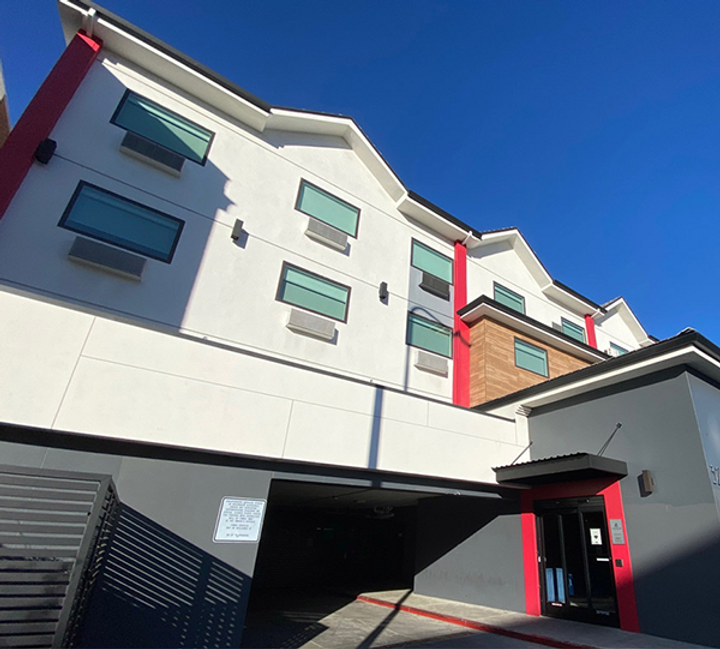By: Serena Xiao
Recently, Los Angeles County leaders decided to put foster kids, a few of whom had mental problems, in unlicensed hotel rooms. An unlicensed hotel has rooms that do not comply with the requirements of a hotel (keeping the bed neat, cleaning the room, etc.). Foster parents didn’t want to be responsible for these youths and there wasn’t enough space in foster homes for them. Therefore, the county leader decided that these places were the only options left.
Alberto M. Carvalho, the Superintendent of the Los Angeles Unified School District, said he was “appalled” by this decision. Kathryn Barger, the county supervisor and one of the five elected officials who oversees one of the biggest child welfare systems in the nation, said she felt that violence was for sure to occur. Barger thinks that the county is not realizing the dangers this might bring to the staff and foster youth, but the state law allowed this. Later on, The Times reported that the youths attacked two social workers by hitting them. The social workers thought they were just angry, but this happened many more times. David Green, a county social worker who leads SEIU Local 721, said the department quickly enforced short-term changes: a 2-1 staff ratio, deescalation training, and on-site security guards.
In 2015, California Gov. Jerry Brown signed a landmark law that forced the state to stop placing groups of youths in the same home. Many group homes closed after that, and the remaining ones reduced their size. This law was one of the most significant ones in child welfare, since people abided by it and it helped improve many youth’s lives. The youths were able to get attention and care from foster parents individually.
This left youths with severe mental problems without a home, since no foster family would take them in. They did not want to do extra work to take care of these youths. “We need to push the state to rethink the issue surrounding licensed secure sites in the state of California,” said Barger. “Because when you have a total of less than 50 beds available for youth … we have a problem.”
To open a home for youths without a home, the county needs approval from Sacramento. However, the Legislature is hesitant to approve such homes because it would be expensive.
Scott Murray, a spokesperson for the California Department of Social Services, said the agency is working with county leaders to make sure that every foster youth has a place that will take good care of them. “We know that youth who must live apart from their biological parents do best when they are cared for in committed, nurturing family homes,” he said. “It’s critical for youth to remain in the least restrictive, most family-like settings possible, supported by a robust continuum of services to address individual needs.”
However in L.A., politicians say that hotels are still the place people are protesting or have complaints against for foster youths. “We don’t have any other option at this point,” Janice Hahn, the chair of the Los Angeles County Board of supervisors, said. “Having to choose between our foster youth staying in hotel rooms instead of the streets is a last resort,” said Supervisor Holly Mitchell. Both said they wanted the state to created better hotel conditions for these youths.
Officials said the group left convinced that if the hotels were to no longer be an option, they would need to work with the state to create a facility that would be required to house all youths referred to them. “A lot of social workers, they can call 20 different foster families, and they’ll just say no,” he said. “They’re just left without any other alternative. That’s not fair for the kids. It’s not fair for the social workers.”
When asked what he thinks a home for these youth should be like, he said that it would be easier to explain what it shouldn’t look like. He said it shouldn’t look anything like a juvenile detention center or a MacLaren Hall (housing for children from juvenile hall).











